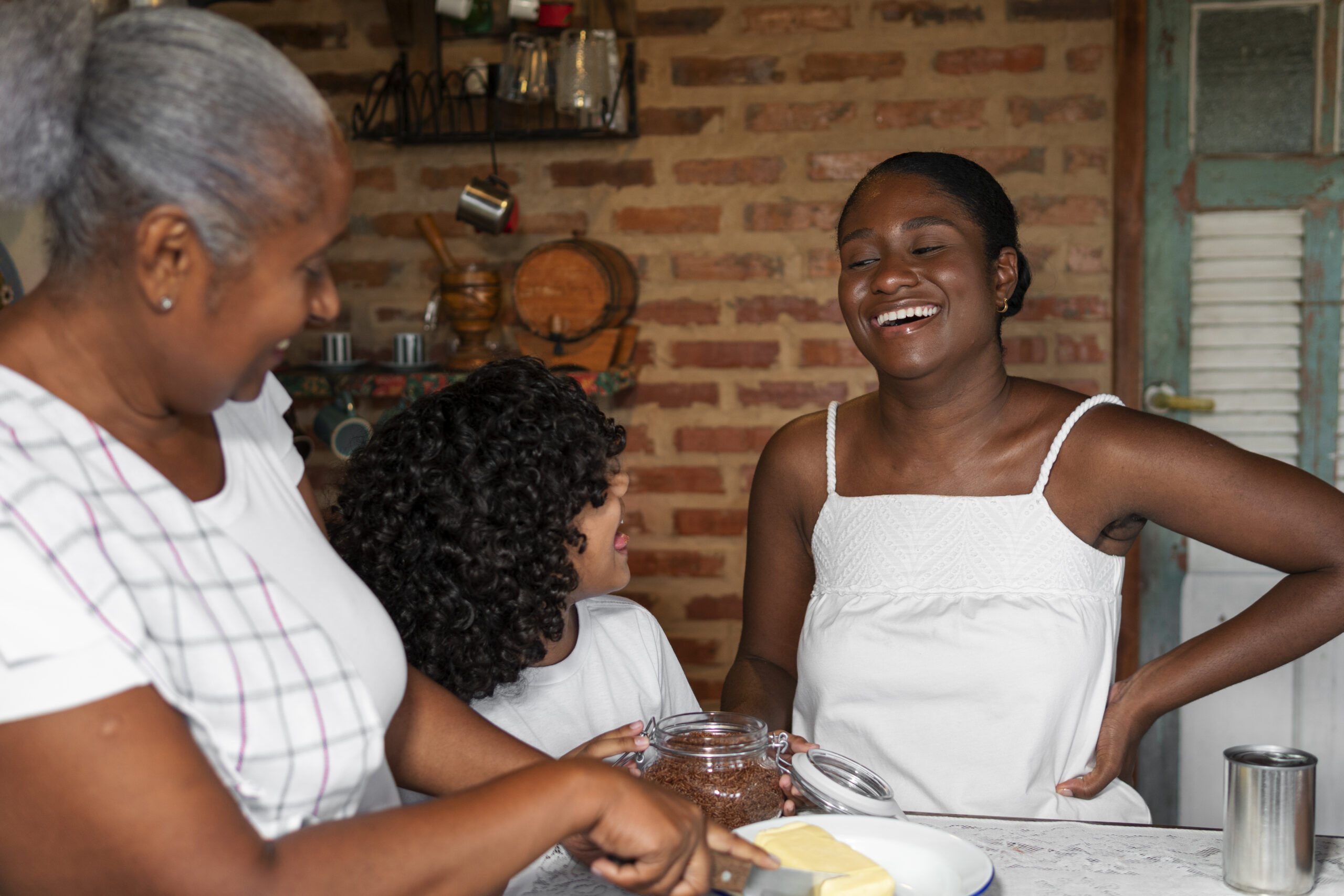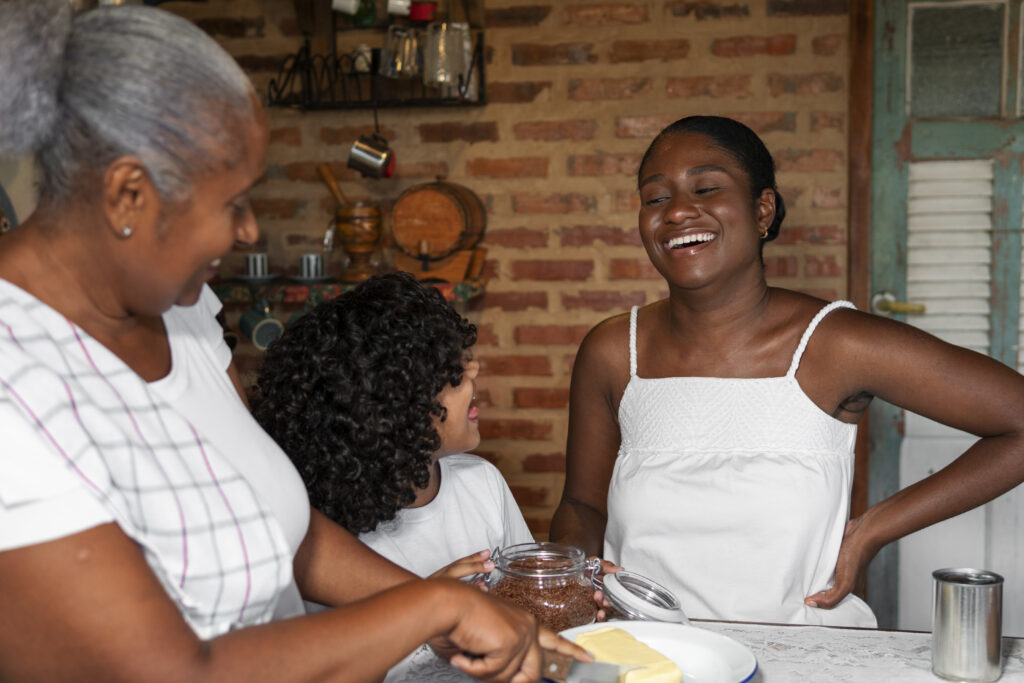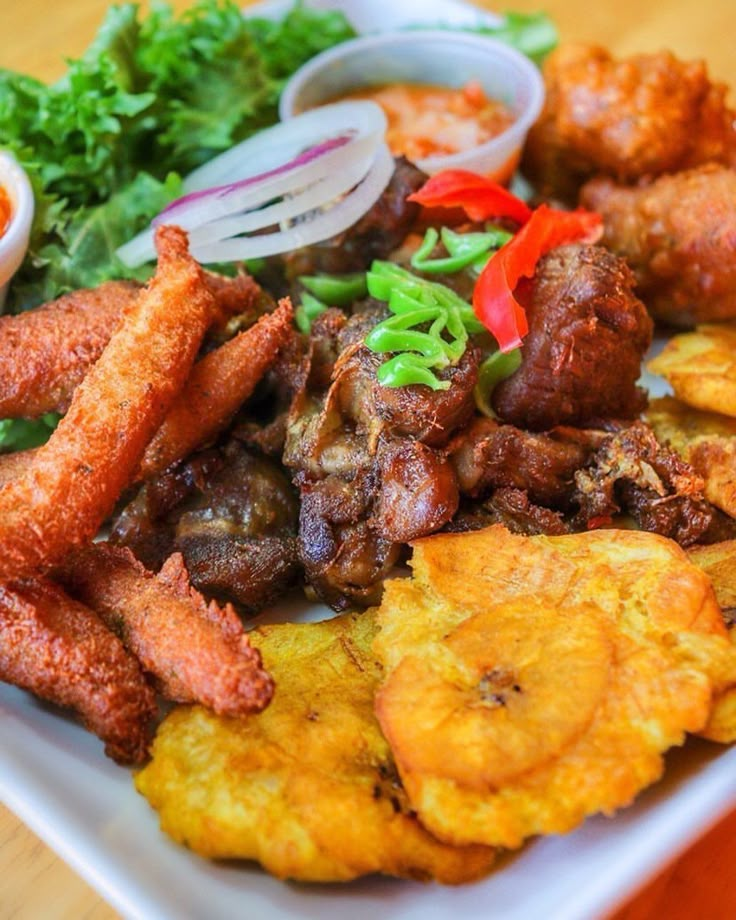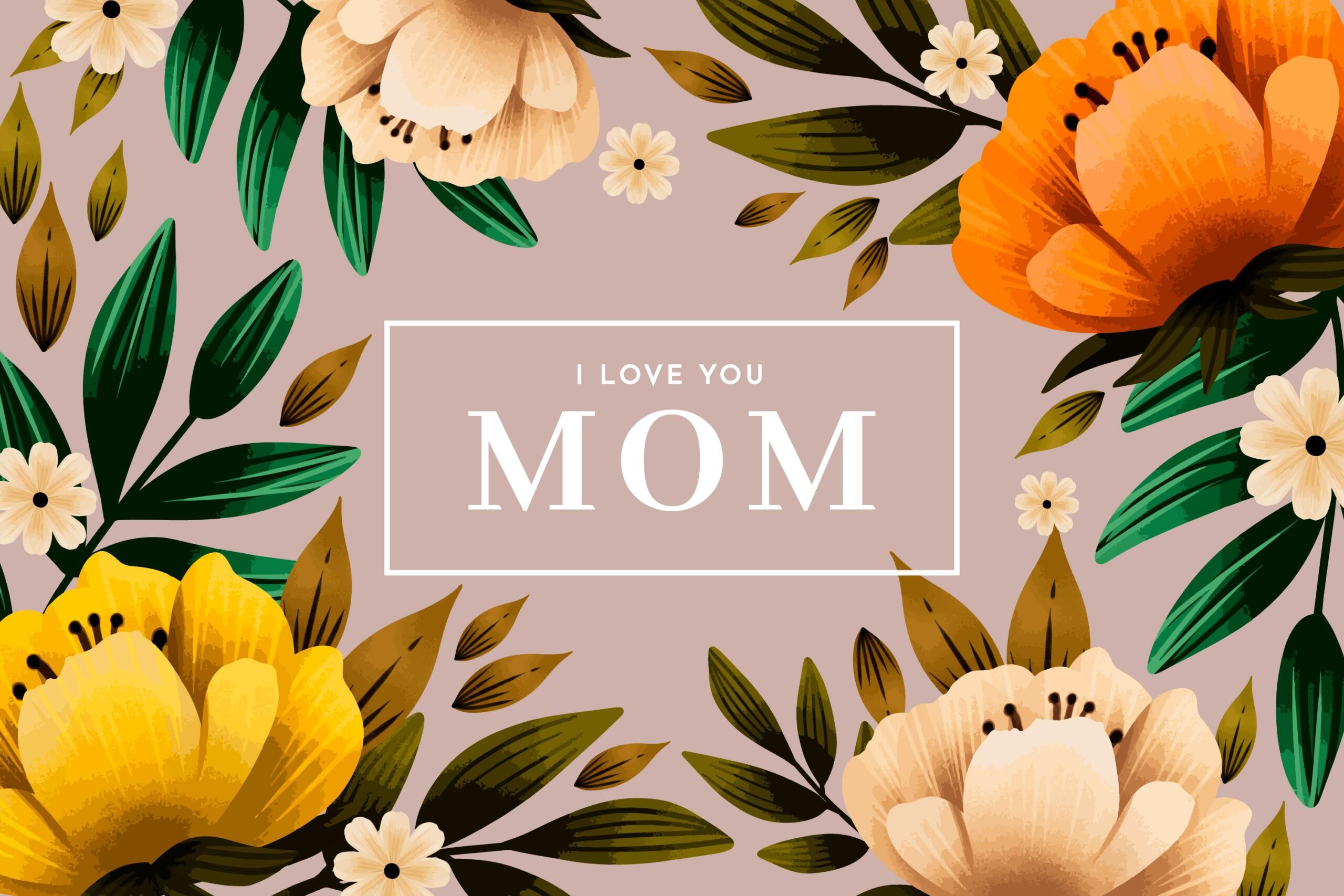

Are you on a self-development journey? Are you equipped with the tools that can help you understand yourself and others? Whether your answer is yes or no, I want to share some tools that truly re-wired the way I approach life—especially when it comes to my relationships, romantic or otherwise.
Unfortunately, in our community, many of us didn’t grow up with much emotional education. Instead of being taught how to feel, how to communicate, and how to show up for ourselves and each other, we were mostly taught to suppress, push through, and hope it would pass with time.
Truth is, people can only pass down what they were taught, or what they were trying not to repeat. As adults, we’re left to figure it out on our own, through trial, error, and growth.
Here are a few tools that helped me make sense of it all.

Image by freepik
My first year in university, I learned about the Four Horsemen of Relationships, and it forever shifted how I view and approach all my relationships—familial, platonic and romantic.
This framework comes from the Gottman Institute, a research-based relationship method founded by Drs. John and Julie Gottman. They spent decades studying real couples and found that it’s not conflict that kills relationships—it’s how conflict is handled.
They identified four communication habits that tend to destroy connection:
These show up everywhere—including our community. Just watch a few Haitian humorous skits online, and you’ll see them on full display. Similarly, think of the way some of us argue, or the “tough love” culture in our homes. It’s all there.
But here’s the good news: there are antidotes.
Learning this helped me unlearn some habits I didn’t even realize were harmful—and start showing up better and with more awareness in every kind of relationship.
Are you the type to cling when things get intense—or disappear when it gets too real? That’s not random. That’s your attachment style showing.
Here are the four main types:
From my observations, many people in our community—especially those who’ve experienced migration, undealt trauma, or emotionally distant parenting—often lean toward anxious, avoidant, or disorganized styles.
Here’s the good news: your attachment style is not your destiny. Once you recognize your pattern, you can start choosing differently.
Self-awareness is the first step to healing. If this resonates with you, I recommend taking this free attachment style quiz and reading books like Attached by Amir Levine & Rachel Heller. It’s fantastic food for thought.
If you’ve never taken the Love Language quiz, go do that after reading this. It will teach you so much about yourself and others.
The five love languages are:
You’ve probably seen that video of Success Jr on the Top 3 ways Haitian Mom Apologize, I’ve related to it and found it funny because it’s true, maybe you did too. But beyond the laughs, it speaks to a bigger pattern.
In a lot of Haitian households, love shows up through acts of service—like cooking, cleaning, or making sacrifices. But maybe, growing up, what you really needed was words of affirmation—a simple “M renmen ou” or “M fyè de ou” could’ve made all the difference.
When you understand your love language and the love languages of the people around you, it changes everything. You start showing up in ways that actually matter.
A reminder: the way you give love might not be the way you receive it. That’s normal. It’s all nuanced. Depending on the moment, different love languages might feel more important than others. So, take time to figure out how you love, how you receive love, and how the people close to you do too.
We all handle conflict differently and the way we were raised plays a huge role.
Some of us grew up in loud households where arguments flew like tap-taps in traffic. Others were told not to talk about problems at all. Conflict, when handled well, is actually healthy.
It’s not the fight, it’s how you fight.
Derived from the Four Horsemen of relationship, here are four common conflict styles and tones:
In relationships, assertiveness is the goal. You don’t have to raise your voice to be heard, you don’t have to shut down to protect yourself or act like nothing’s wrong just to keep the peace. That’s what a lot of us saw growing up—either loud, heated arguments or total silence and tension under the surface. There are other ways.
These little shifts might not seem like much, but they matter. Especially when you’re trying to break generational habits and build relationships that feel safe, honest, and real.
Some questions that can guide you are:
Love feels good, but shared values build something that actually lasts. Whether you’re building with a partner, a friend, or even navigating work relationships, alignment matters.
Most of us grew up hearing about Lekòl, Lakay, Legliz—school, home, and church. Our parents leaned on those as the holy trinity of a good life. They believed if you focused on education, kept your home in order, and followed church teachings, you’d be set. And to be fair, those values created stability and community for many of them.
Here’s the thing: life looks different now. Haitian millennials are juggling more than one culture, identity, and expectation. We’re not just living in one world—we’re straddling multiple. And the values we grew up with? Some still hold, but others feel outdated or too rigid.
These questions help you figure out what you truly value—faith, freedom, emotional growth, independence, family, legacy, or community. Once you name what matters to you, you start to see more clearly whether the people around you align with those values or not.
To get clear on your values, try looking at a list and noticing which ones speak to you. Once you name them, share them—yes, even if it feels awkward. Bring them into your current relationships, and make sure they show up in your new ones. Without shared values, relationships lose depth.
Keep what still serves you from Lekòl, Lakay, Legliz, but give yourself permission to evolve.
The way we were raised impacts everything: how we love, how we fight, how we work, and how we relate to others. With awareness, curiosity, and the right tools, we can re-learn, re-wire, and re-connect.
Self-development isn’t a destination. It’s a process. A daily choice to know yourself better so you can love better, live better, and be better.
Start small. Start today. You deserve relationships that feel like home—not because they’re familiar, but because they’re safe, intentional, and true.


